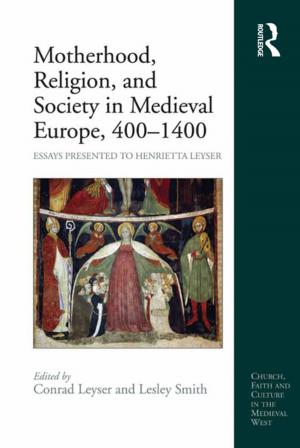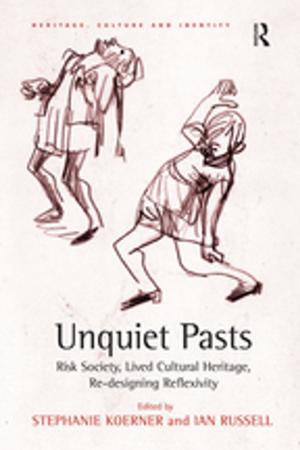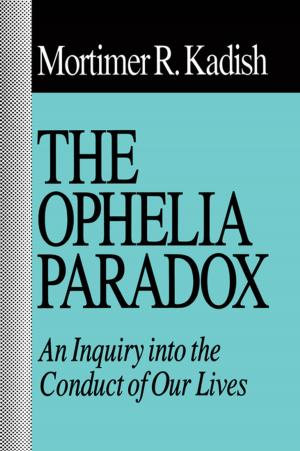Utopian England
Community Experiments 1900-1945
Nonfiction, Art & Architecture, Architecture, Landscape| Author: | Dennis Hardy | ISBN: | 9781135153977 |
| Publisher: | Taylor and Francis | Publication: | December 6, 2012 |
| Imprint: | Routledge | Language: | English |
| Author: | Dennis Hardy |
| ISBN: | 9781135153977 |
| Publisher: | Taylor and Francis |
| Publication: | December 6, 2012 |
| Imprint: | Routledge |
| Language: | English |
England in the early part of the twentieth century was rich in utopian ventures - diverse and intriguing in their scope and aims. Two world wars, an economic depression, and the emergence of fascist states in Europe were all a spur to idealists to seek new limits - to escape from the here and now, and to create sanctuaries for new and better lives.
Dennis Hardy explores this fascinating history of utopian ideals, the lives of those who pursued them, and the utopian communities they created.
Some communities were fired by a long tradition of land movements, others by thoughts of more humane ways of building towns. In turn there were experiments devoted to the arts; to the promotion of religious doctrine; and to a variety of political causes. And some were just 'places of the imagination'.
Utopian England is about just one episode in the perennial search for perfection, but what is revealed has lessons that extend well beyond a particular time and place. So long as there are failings in society, so long as rationality is not enough, there will continue to be a place for thinking the impossible, for going in search of utopia.
England in the early part of the twentieth century was rich in utopian ventures - diverse and intriguing in their scope and aims. Two world wars, an economic depression, and the emergence of fascist states in Europe were all a spur to idealists to seek new limits - to escape from the here and now, and to create sanctuaries for new and better lives.
Dennis Hardy explores this fascinating history of utopian ideals, the lives of those who pursued them, and the utopian communities they created.
Some communities were fired by a long tradition of land movements, others by thoughts of more humane ways of building towns. In turn there were experiments devoted to the arts; to the promotion of religious doctrine; and to a variety of political causes. And some were just 'places of the imagination'.
Utopian England is about just one episode in the perennial search for perfection, but what is revealed has lessons that extend well beyond a particular time and place. So long as there are failings in society, so long as rationality is not enough, there will continue to be a place for thinking the impossible, for going in search of utopia.















